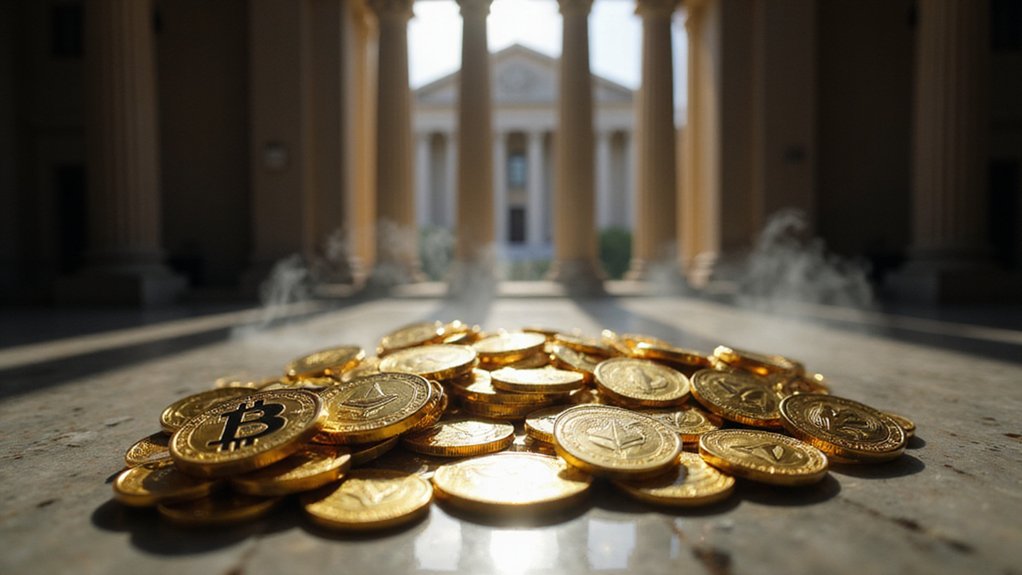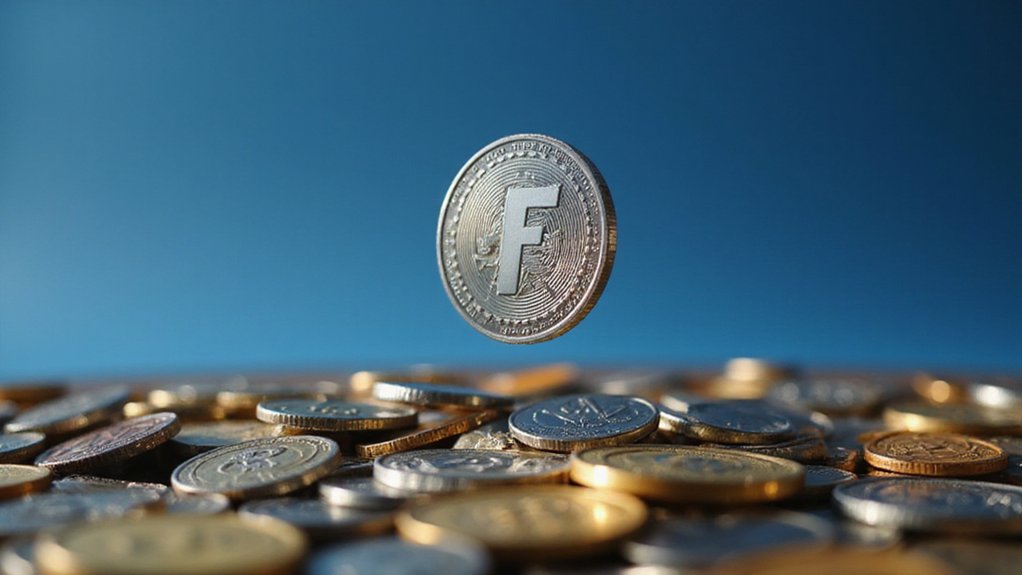How does a former president’s family transform from political dynasty to cryptocurrency entrepreneurs while simultaneously wielding the levers of federal power? The Trump family’s venture into digital assets—particularly the launch of the $TRUMP meme coin through Fight Fight Fight LLC—has created a perfect storm of ethical concerns, market manipulation allegations, and regulatory scrutiny that would make even seasoned Wall Street veterans pause.
The mechanics are straightforward yet deeply problematic: buyers collectively invested $148 million in the $TRUMP token, with its value artificially inflated through promotional tactics including exclusive dinner invitations for top holders. This gamification of political access represents a novel fusion of celebrity marketing and potential securities violations, creating what critics describe as a monetized influence-peddling scheme disguised as cryptocurrency innovation.
Political access transformed into tradeable commodity through dinner invitations and token holdings—influence-peddling rebranded as cryptocurrency innovation.
Congressional Democrats have launched investigations through the Senate’s Permanent Subcommittee on Investigations, examining potential conflicts of interest and federal ethics violations. The inquiry extends beyond domestic concerns to probe possible foreign transactions—a particularly sensitive area given the administration’s ongoing policy deliberations affecting cryptocurrency regulation and international financial flows. Senator Blumenthal has demanded comprehensive documentation from Fight Fight Fight LLC regarding ownership structures, foreign investments, and communications with the Trump Organization.
Meanwhile, the Trump ecosystem continues expanding its digital footprint. Truth Social’s parent company plans raising $2.5 billion for bitcoin acquisitions, while Eric and Donald Trump Jr. actively promote various crypto projects at industry conferences. David Sacks, serving as the administration’s cryptocurrency advisor, represents the institutional bridge between Trump’s personal financial interests and federal regulatory policy—a convergence that would typically trigger immediate recusal protocols in traditional government service.
The market implications extend beyond typical celebrity endorsement dynamics. Vice President JD Vance‘s discussions regarding stablecoin legislation, combined with prominent Trump associates headlining crypto conferences, signal potential policy influence that could directly impact the family’s investment positions. This creates an unprecedented feedback loop where administrative decisions might simultaneously serve public policy objectives and private wealth accumulation. Vance has disclosed owning over $250,000 in Bitcoin, further highlighting the financial entanglement between the administration and cryptocurrency markets.
The cryptocurrency industry’s reaction has been strikingly mixed—enthusiasm for regulatory clarity tempered by concern over the appearance of pay-to-play governance. International investors monitoring Trump-linked digital assets now find themselves effectively speculating on American political influence markets, transforming what were once discrete regulatory and investment domains into a single, highly volatile ecosystem. Leading crypto security agencies are now being called upon to provide enhanced auditing and consulting services to navigate the complex regulatory landscape emerging from this unprecedented convergence of political power and digital asset markets.









